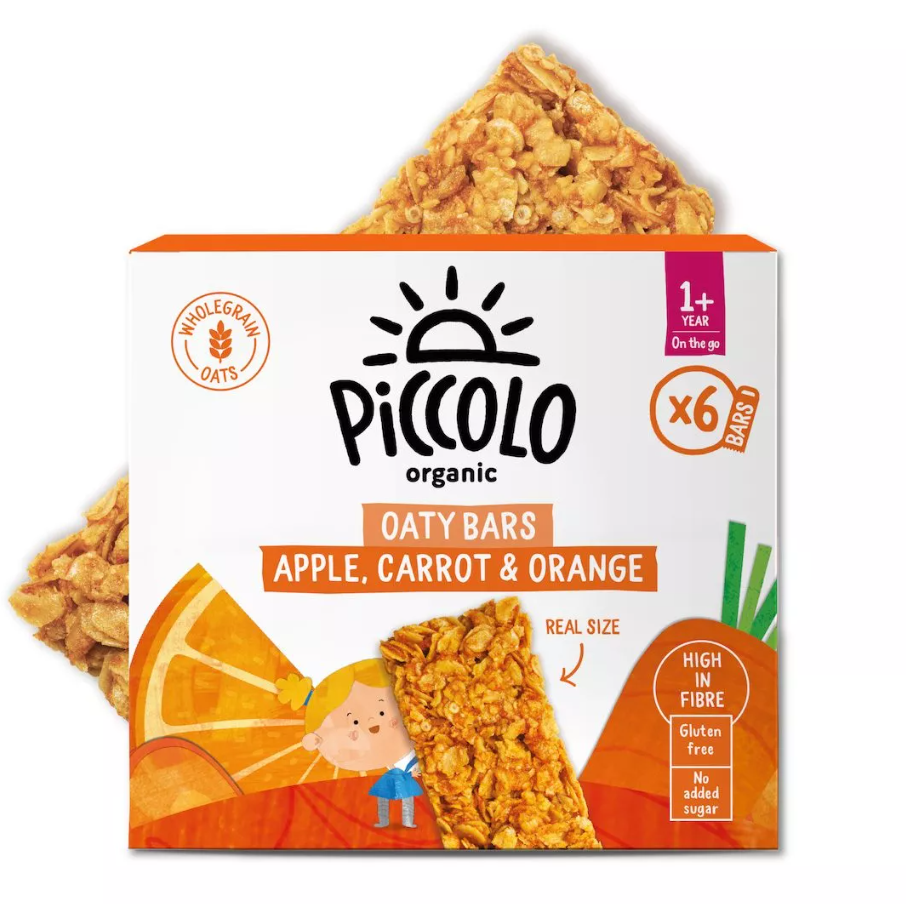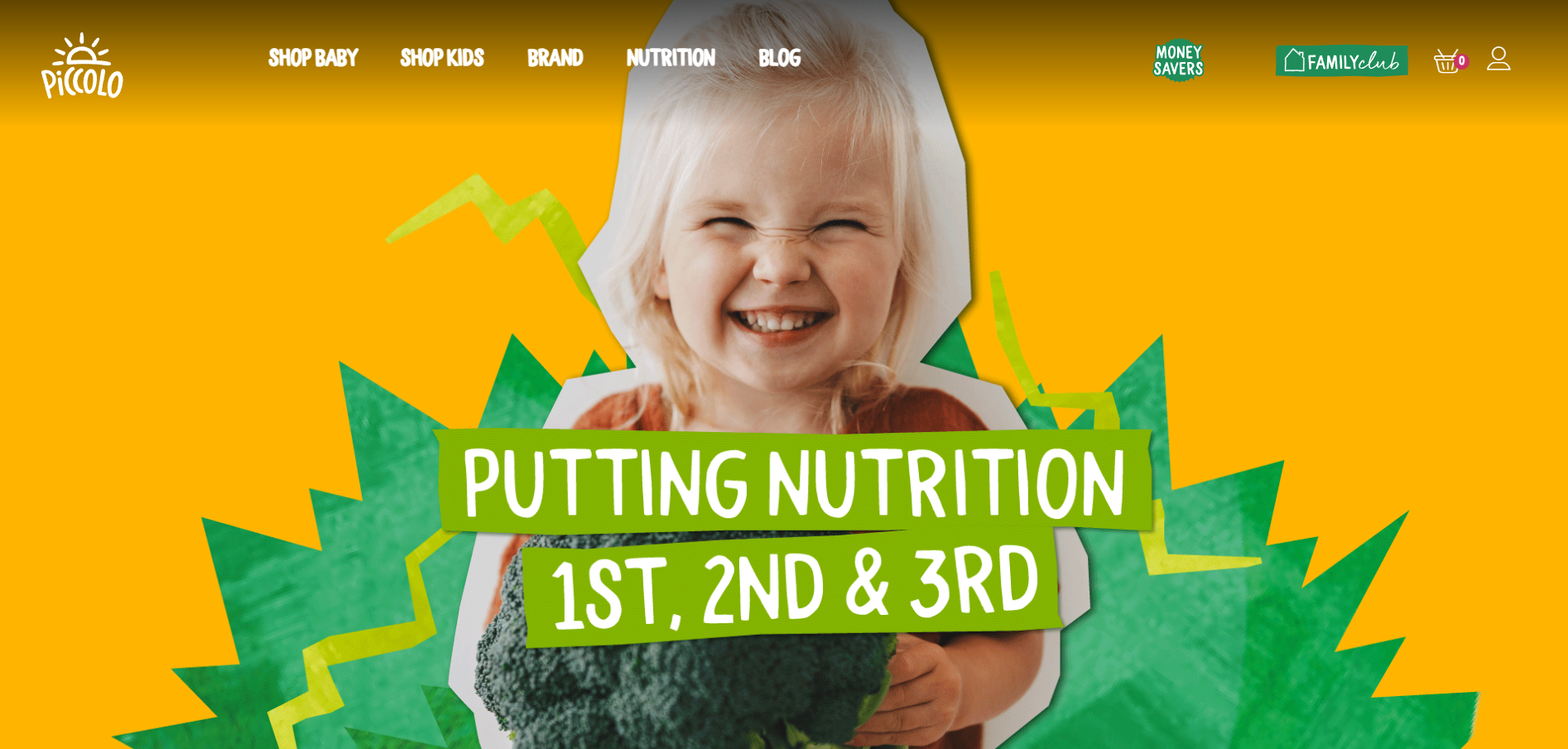When it comes to feeding your baby, choosing the right food is crucial for their development and health. Organic baby food has gained popularity among parents who seek the best nutritional options for their infants. This article explores the best organic baby food options available, focusing on non-GMO, natural, and snack varieties. Visit https://www.mylittlepiccolo.com/ now to explore and purchase top-quality organic baby food.
What Makes Organic Baby Food the Best Choice?
Organic baby food is made from ingredients grown without synthetic pesticides, fertilizers, or genetically modified organisms (GMOs). This natural approach to farming ensures that the food is not only safe but also packed with nutrients essential for your baby’s growth.
Key Benefits of Organic Baby Foods:
- Reduced Exposure to Harmful Chemicals: Organic foods limit your baby’s exposure to potentially harmful chemicals.
- Nutrient-Rich: They often contain higher levels of certain nutrients compared to non-organic options.
- Environmentally Friendly: Organic farming supports biodiversity and soil health.
Top Picks for Organic Baby Food
When selecting the best organic baby food, consider factors like ingredient quality, nutritional value, and taste. Here’s a breakdown of some top choices:
1. Best Organic Non-GMO Baby Food:
- Brand A: Known for its strict non-GMO ingredients and balanced nutrition.
- Brand B: Offers a variety of flavors, all certified non-GMO.
2. Best Organic Baby Food Snacks:
- Piccolo: Specializes in delicious, nutrient-packed snacks perfect for on-the-go.
- Brand C: Provides a range of tasty and healthy snack options for babies.
3. Best Natural Organic Baby Foods:
- Brand D: Focuses on whole-food ingredients with minimal processing.
- Brand E: Combines natural ingredients to create flavorful, nutrient-dense meals.
Comparative Analysis of Organic Baby Food Brands
| Brand | Type | Non-GMO | Nutrient Profile | Flavor Variety |
| A | Meal | Yes | Excellent | High |
| B | Meal | Yes | Good | Moderate |
| Piccolo | Snack | Yes | Very Good | High |
| C | Snack | Yes | Good | High |
| D | Meal | Yes | Excellent | Moderate |
| E | Meal | Yes | Very Good | High |
What to Look for in Organic Baby Food
When choosing the best organic baby food, consider the following factors:
1. Ingredient Quality: Look for whole, natural ingredients without additives.
2. Nutritional Value: Ensure the food provides a balanced mix of essential nutrients.
3. Certifications: Check for organic and non-GMO certifications.
4. Age Appropriateness: Select food suitable for your baby’s developmental stage
5. Taste and Variety: A range of flavors can help develop your baby’s palate.
Introducing Organic Foods to Your Baby
Introducing your baby to organic foods should be a gradual process. Start with simple, single-ingredient foods and observe for any allergic reactions. As your baby grows, you can introduce more complex flavors and textures.
Tips for a Smooth Transition:
- Start Small: Begin with small servings to accustom your baby’s taste buds.
- Mix and Match: Combine new foods with familiar ones to encourage acceptance.
- Consistency: Keep the food consistency appropriate for your baby’s chewing and swallowing abilities.
Homemade vs. Store-Bought Organic Baby Food
While store-bought options like Piccolo offer convenience and variety, homemade organic baby food can be a cost-effective and personalized alternative.
Advantages of Homemade Organic Baby Food:
- Customization: Tailor recipes to your baby’s preferences and dietary needs.
- Freshness: Homemade meals can be fresher, with no need for preservatives.
- Cost-Effective: Buying organic ingredients in bulk can be more economical.
Advantages of Store-Bought Organic Baby Food:
- Convenience: Pre-prepared and packaged for on-the-go feeding.
- Consistency: Standardized nutrition and quality across batches.
- Variety: Wide range of flavors and textures not always feasible at home.
Sustainability and Organic Baby Food
Choosing organic baby food is also a step towards sustainability. Organic farming practices are designed to be more environmentally friendly, reducing pollution and conserving water and soil quality.
Eco-Friendly Practices in Organic Baby Food Production:
- Reduced Chemical Use: Less reliance on synthetic pesticides and fertilizers.
- Biodiversity: Organic farms often promote a diversity of species.
- Resource Management: Efficient use of water and other resources.

Final Thoughts on Choosing the Best Organic Baby Food
Selecting the best organic baby food, whether it’s non-GMO options, natural organic meals, or organic snacks like those from Piccolo, involves considering nutritional value, ingredient quality, and your baby’s specific needs. By choosing organic, you’re not only making a health-conscious choice for your baby but also contributing to a more sustainable future.
Remember, every baby is unique, so what works best for one may not be the same for another. Consult with a pediatrician to make informed decisions about your baby’s diet, especially when introducing new foods.
In conclusion, the journey to find the best organic baby food is about balancing health, taste, and convenience to ensure your little one gets the best possible start in life.
If you’re interested in exploring more content related to healthy baby nutrition and organic choices, be sure to check out our informative articles on RedGIF for additional insights.
